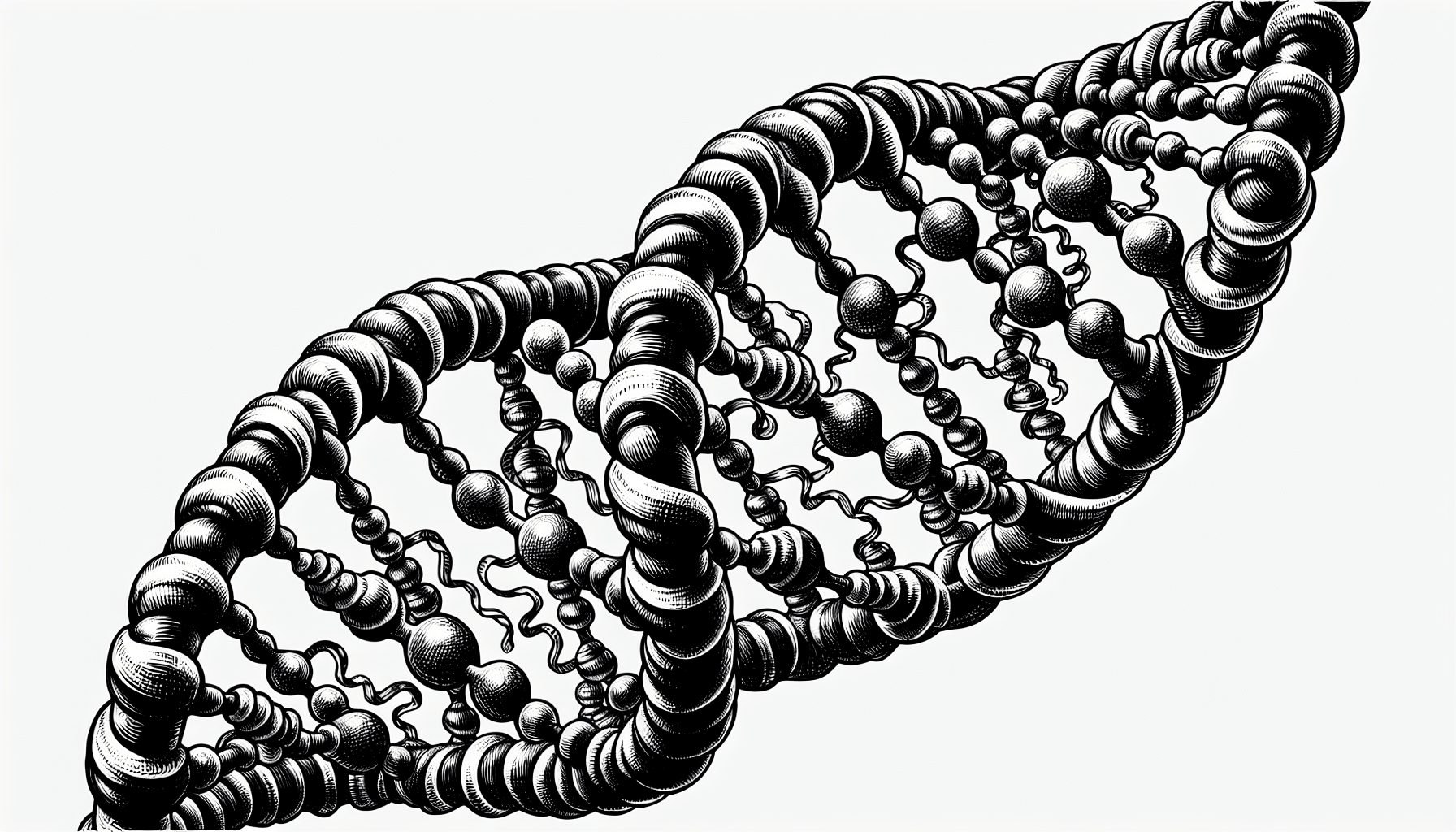Researchers have come up with a smart new technique for keeping digital information in DNA without the need to create custom DNA sequences from the ground up. A recent paper in Nature discusses how they utilized a natural epigenetic method called methylation to essentially "print" information onto existing DNA strands.
The Traditional Approach
Typically, storing data in DNA involves transforming digital information into sequences of nucleotide bases: A, C, T, and G. Then, these sequences are chemically created in the lab through a process known as de novo synthesis to make the data-rich DNA. Although there have been major advancements in this field, the process remains slow, expensive, and prone to errors—far from ideal for large-scale data storage.
A New Technique
Nonetheless, the research team from Peking University and other institutions tackled these challenges by employing methylation to modify naturally existing DNA. Methylation is an epigenetic change that living organisms generally use to turn genes on or off without altering the genetic code itself.
They created 700 distinct DNA "movable type" fragments to serve as components for their storage technique. By carefully assembling these movable types onto a primary DNA template, the researchers encoded digital information. An enzyme then attaches methyl groups at specific locations, chemically marking the DNA with the desired sequences of 1s and 0s.
Impressive Results
In their trials, they successfully stored and retrieved high-resolution images of a panda and an ancient Chinese artwork, achieving an accuracy rate of up to 97.47 percent. The researchers recorded a data writing speed of nearly 350 bits per DNA synthesis reaction, which is quicker than traditional de novo synthesis. This methylation-based approach is theoretically much more cost-effective since it utilizes existing DNA templates rather than generating new ones from scratch.
Although it’s still not as fast or economical as electronic storage, this epigenetic twist on DNA data storage represents a significant advancement in managing the rapid increase of digital information using nature’s own medium. With additional adjustments, DNA storage systems that use methylation could evolve into a practical solution for archiving global data in a low-energy, durable, and more budget-friendly manner than creating DNA from the beginning.
The researchers remarked, "With DNA data storage entering the dawn of commercialization, the epi-bit framework shows potential pathways for parallel molecular information storage with prefabricated modularity."


Leave a Reply